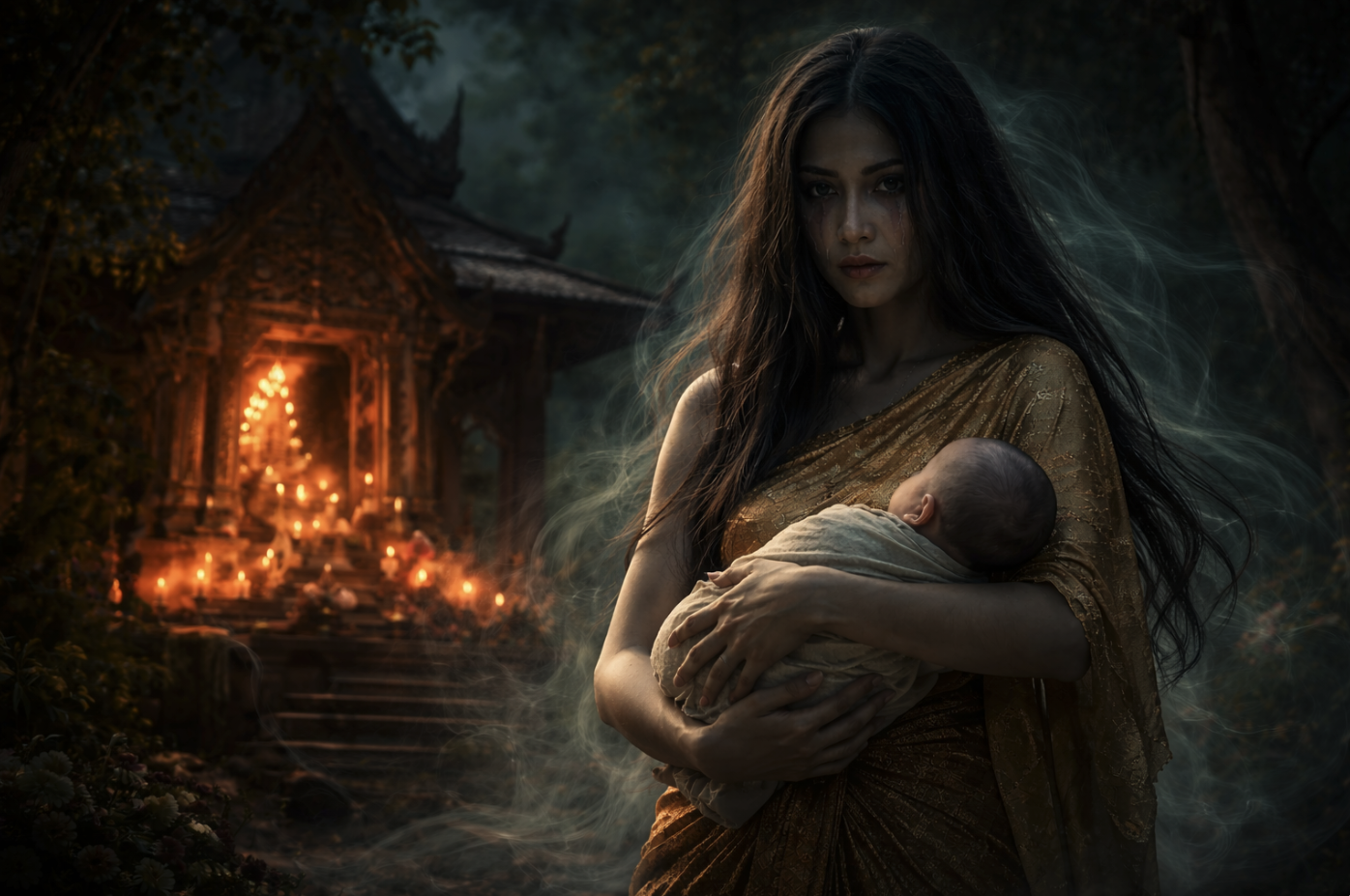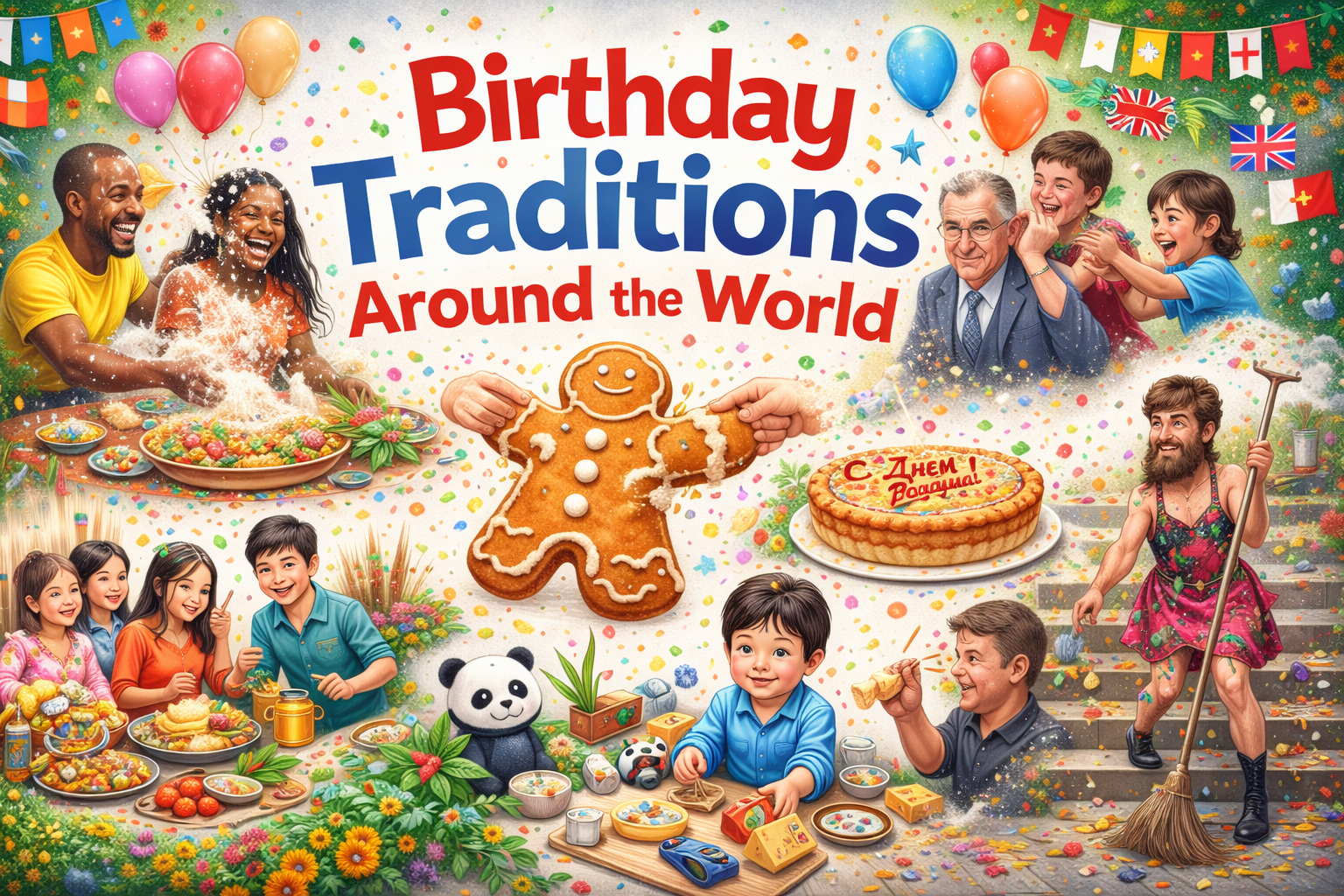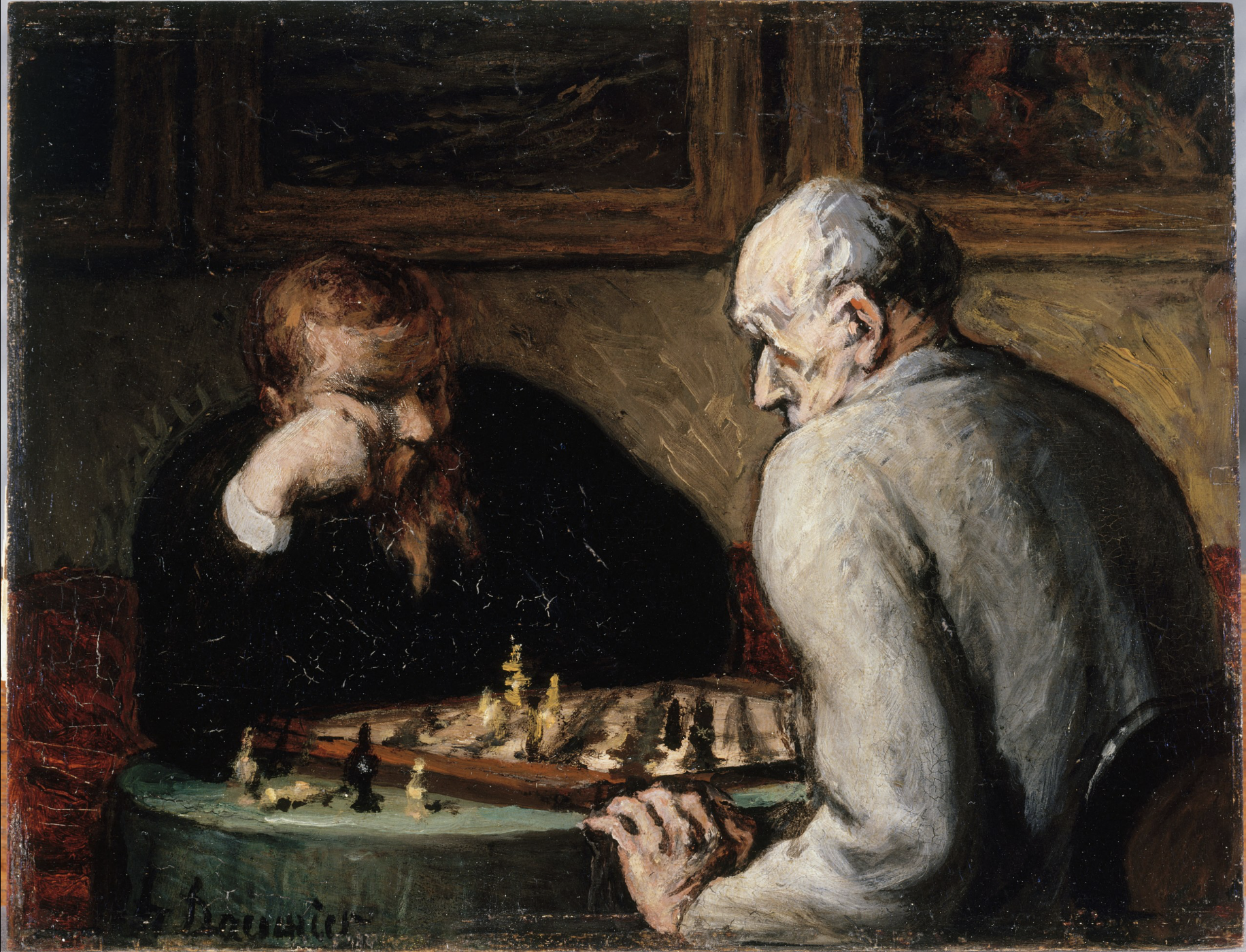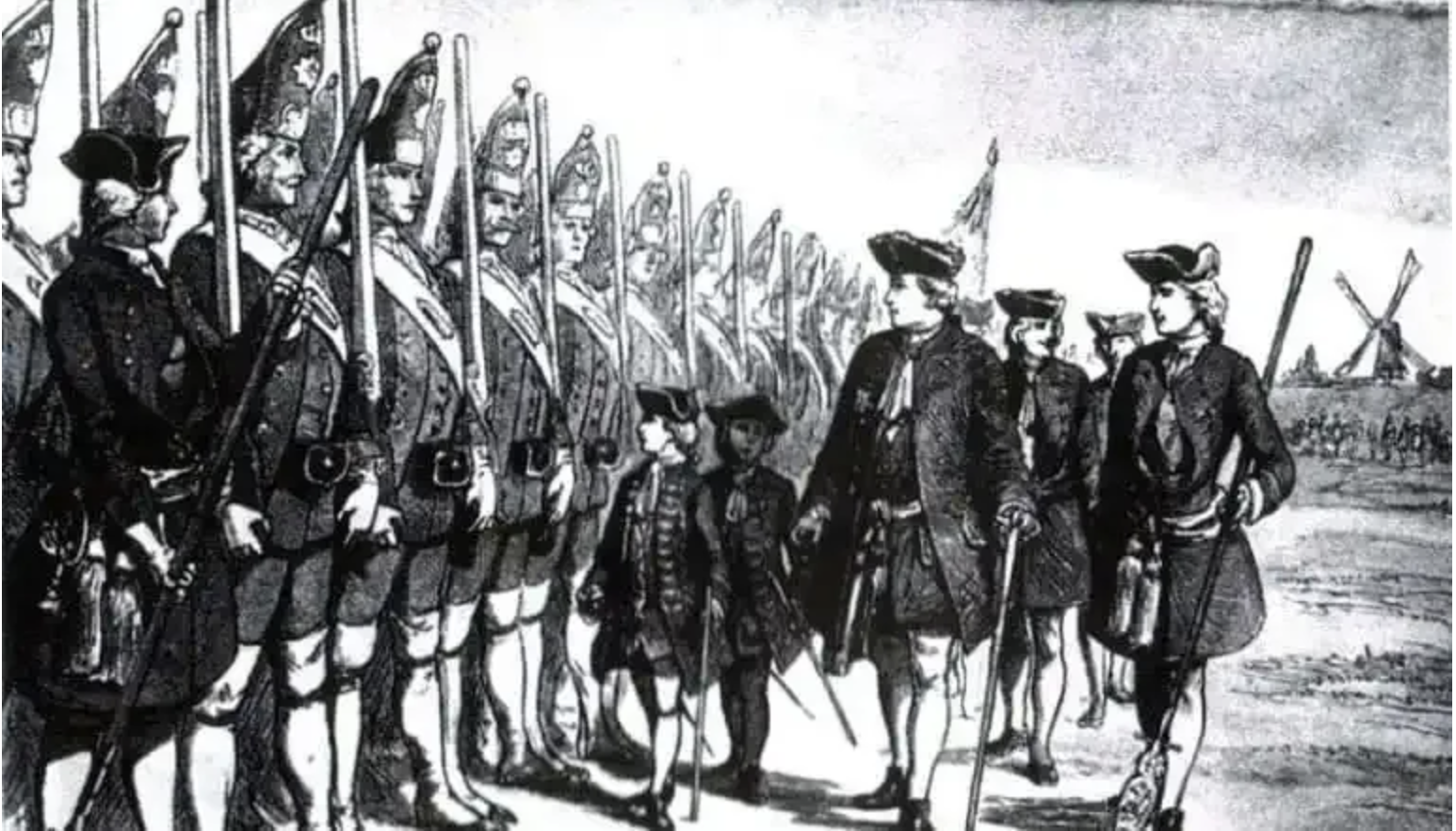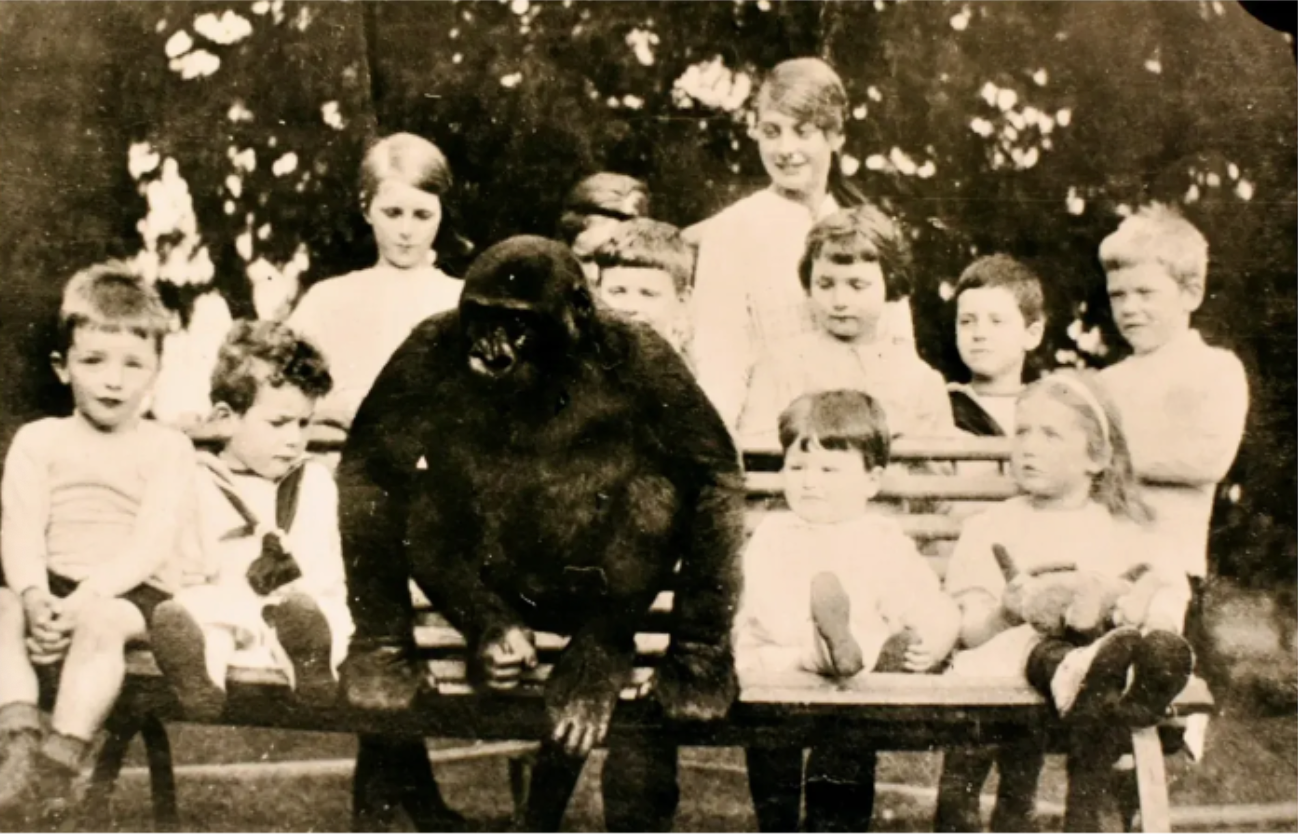The most depressing day annually, and weird Christmas traditions
Happy Christmas and New Year! If you don’t celebrate either of them, then I hope you have had a good January so far. The New Year always marks a time for renewal, setting goals, and changing aspects of yourself through resolutions.
The New Year is rubbish
Now that we are a week into 2025, we are entering a period of self-doubt, failure, and the realisation that some resolutions would be better started around your birthday or – even better – 2026. They just aren’t practical now.
All of this is cool with me – I’m not judging. New Year’s resolutions are dumb. I don’t even like New Year’s Eve. It is like enforced fun that you and all your friends must enjoy. Then, the next day, when you are suffering the traditional hangover, you’re supposed to improve yourself. It’s madness. (However, I am going to get better at chess this year.)
In most countries, the weeks and months that follow New Year’s Day are the most depressing of the year. Obviously, this isn’t universal for individuals, as people will have very different years. For every lottery winner, there will be someone losing a loved one, or a testicle, or whatever.
But most people slightly north of the equator (and up) are in for some dark, snowy, drizzly months ahead. And the most depressing day of the year is approaching.
This year’s ‘Blue Monday’ is the 20th of January
“Blue Monday” is a term coined to describe the so-called “most depressing day of the year,” typically falling on the third Monday of January in the Northern Hemisphere. In 2025, this would be the 20th of January. Good times.
The most depressing day originated from a 2005 marketing campaign by a UK travel company, which claimed to have calculated the date using an equation that factored in weather conditions, debt levels, time since Christmas, and failed New Year’s resolutions.
It’s important to note that the concept of Blue Monday lacks scientific backing and is generally seen as pseudoscience. I mean, it is obviously bollocks. But from an optimistic point of view, it means that from the 21st of January onwards, things are on the up. It is like the 21st of December – from that day onwards, the days get longer. Hallelujah.
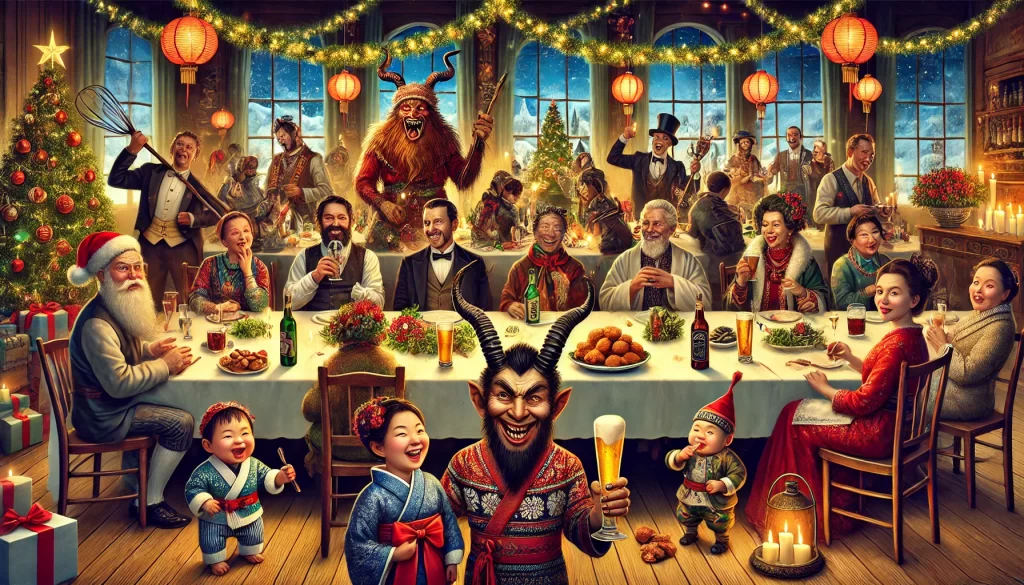
I do love Christmas, though, and they celebrate it differently elsewhere
However, I really enjoy Christmas and all the weird associated traditions. They also get even stranger (from a purely subjective perspective) when you learn about traditions in other countries.
I recently wrote an article about some of these traditions, and you can find it here on my free Substack. Here’s a small sample:
The Krampus – a horned, half-goat, half-demon thing that punishes bad Germanic kids.
The Catalonian pooping log and pooping man – these are different traditions that revolve around poo. One is a log that craps out gifts; the other is a diorama-type figure that squats in the nativity scene.
Dinner for One – a movie watched every year throughout Europe. It is a British sketch played every NYE that’s mega-famous and really old, and no one in Britain has ever heard of it.
In Japan, millions go to KFC for Christmas, and in Caracas, people attend early morning Mass on roller skates.
And tons more. Again, if this sounds fun or you’re feeling the winter blues, check it out here on the Intriguing Times Substack. (It’s free.)


